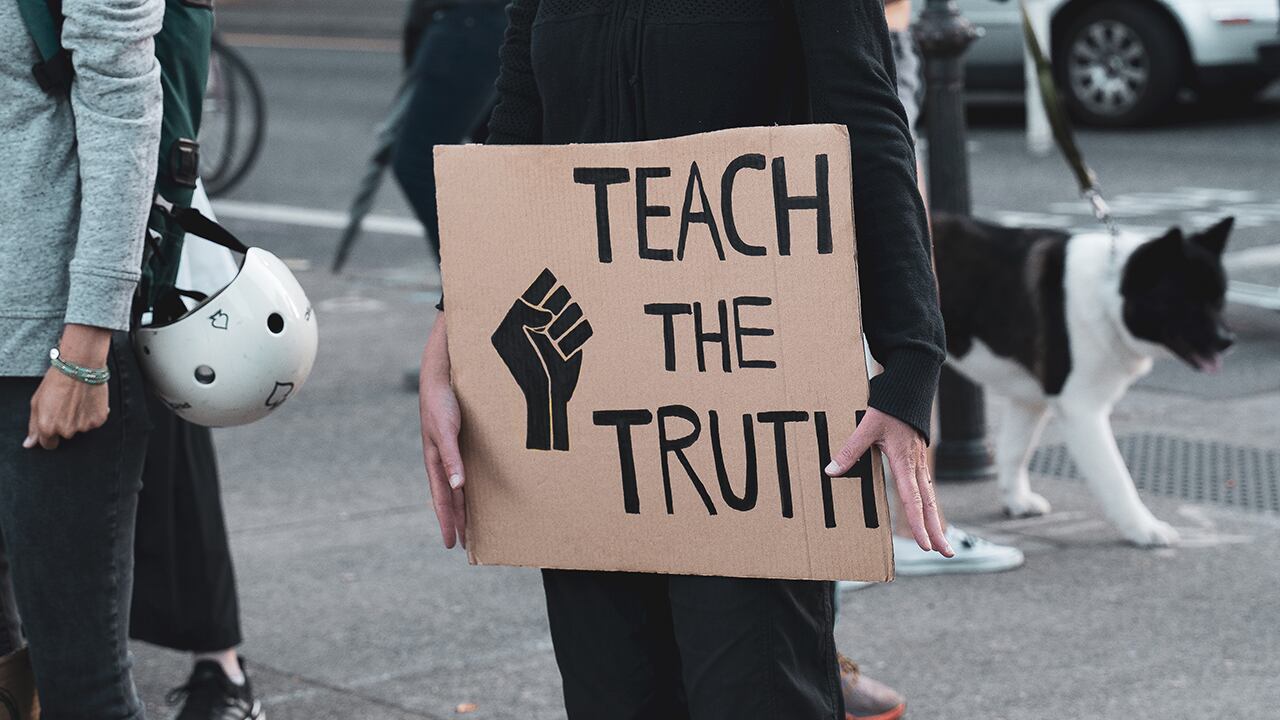Between 2004 and 2018, one quarter of all people fatally shot by officers of the Portland Police Bureau were Black, according to an April 2020 report by OIR Group, an outside consultant that reviews and critiques police departments.
Seven of 28 people killed by police during those years were black. Just 5.8% of Portlanders identified as Black in July 2019.
The disproportionate number of Black victims reported at the time took on new weight amid a racial justice movement sparked a month later, after George Floyd, a Black man, was killed by Minneapolis police. It became the center of a summer of protest and unrest in Portland.
Ryan Petteway, a Black assistant professor of public health at Portland State University, says disproportionate police arrests, traffic stops and use of force against Black people all contribute to the disparate shootings because they increase police contact with Black citizens.
"There's something racist and problematic in there," Petteway says. "In the sequence of events that leads up to a Black person being shot by police, there has to be an interaction. We have an entire policing system that's designed to interact more on Black bodies than for white bodies. That's where we have to start."
State Sen. Lew Frederick (D-Portland) say the disparities are something the white community started paying attention to this year, while Black people have dealt with them for decades. "What happened this summer was not a new item for the black community—it was a new item for the white community," he says.
Petteway says the only solution is what protesters called for all summer: defunding the police.
"What was revealed about the protests this year is more white people are waking up to reality that this isn't just individuals," Petteway says. "The entire thing is problematic, and we need to start thinking how we can reimagine this entire apparatus."
This reporting has been funded in part by a grant from the Jackson Foundation. See more Black and White in Oregon stories here.

